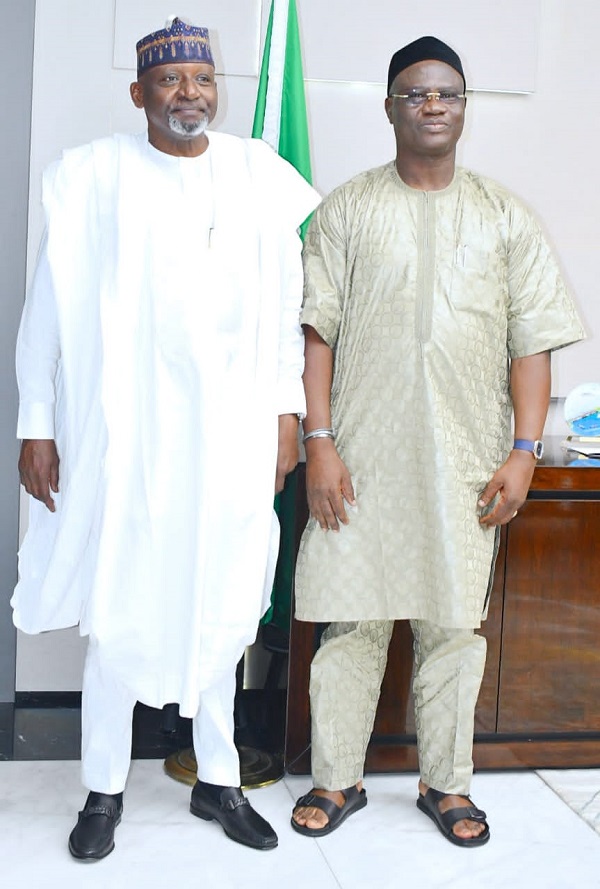
The Minister of Transportation, Engr. Mu’azu Sambo has pointed out that maritime workers are vital not only to the maritime industry but to Nigeria’s economic development as a whole.
Sambo stated this yesterday when the president of the Maritime Workers Union of Nigeria (MWUN), Comrade Adewale Adeyanju led its executive council on a courtesy visit to him.
The minister noted that his tenure is short and would require their support, advice and guidance to enable him to leave one or more legacy projects before his tenure terminates on May 29, 2023.
The director of press and public relations, Eric Ojiekwe disclosed that Mu’azu stated: “If there are three key things that we can achieve before we go, we would have left some legacies for Nigerians. If they are important and all we can do is to build a foundation for others to come and lay on it, so be it. Let us lay that foundation and not leave it for the next people”.
The minister informed the union that he is part and parcel of the maritime industry, having started his public service career with the Nigerian Ports Authority (NPA) and acknowledged that sheer providence brought him back to the sector, therefore, he has no reason to tell Nigerians that he [failed to] record a single achievement while at the helm of affairs in the ministry.
Speaking earlier on reasons for the visit, Adeyanju said one of them is the blatant refusal by international oil companies (IOCs) to obey the government’s Marine Notice104 of 2020 and Extant Stevedoring Regulations.
Another, he said, is the continued non-payment of pensions due to aged seamen, which is a clear violation of their retirement rights.
He called on the Federal Government to prioritise the dredging of the Calabar, Warri and Port-Harcourt ports to forestall flooding currently witnessed in Lokoja, Kogi State.
Adeyanju called on the Nigerian Maritime Administration and Safety Agency (NIMASA) to speed up the process of issuance of biometric identity cards to dock workers and seafarer’s identification document (SID) to seafarers to checkmate the influx of unauthorised persons into the nation’s ports.

